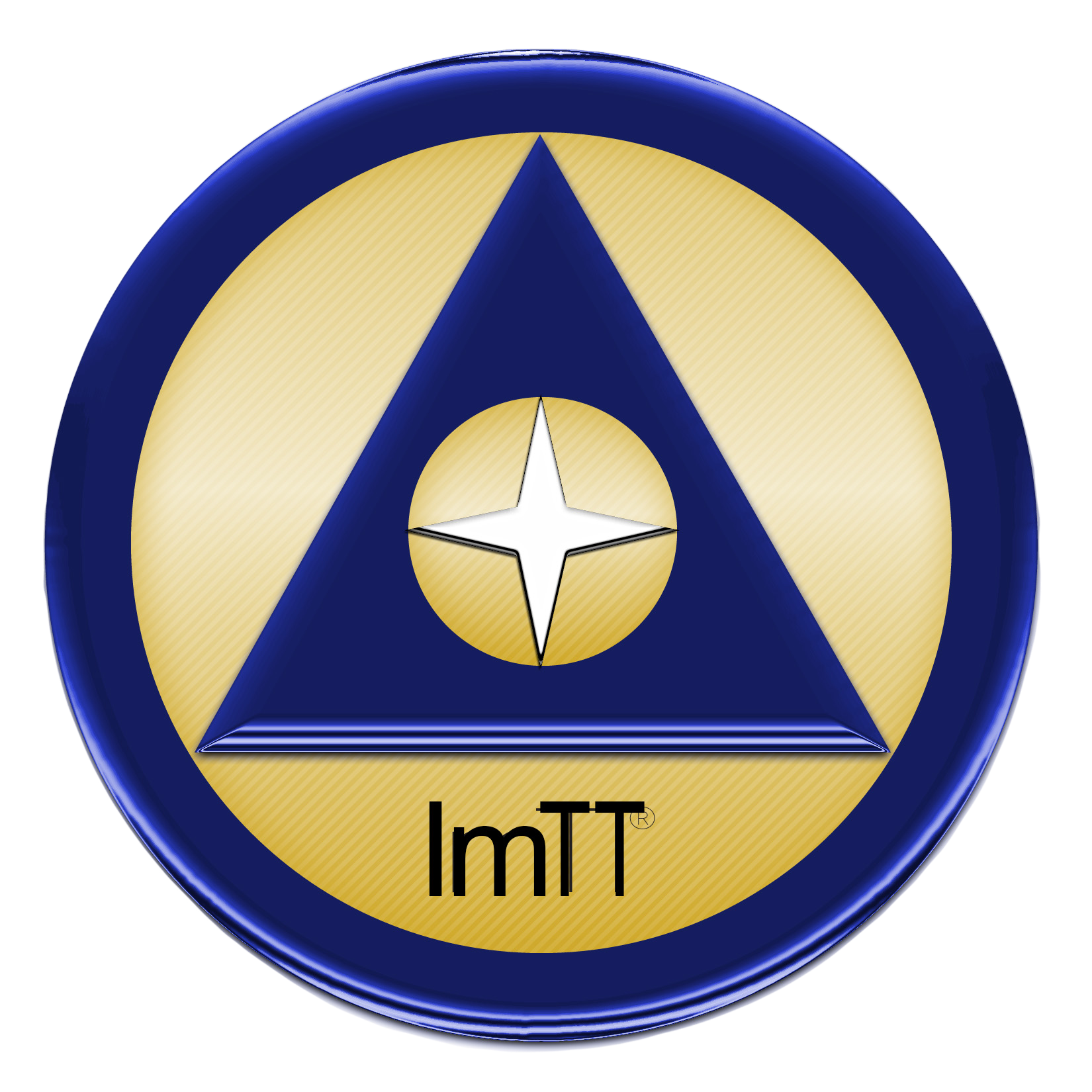The Pushback Response
- Dr. Robert Miller
- Sep 26, 2022
- 1 min read
Updated: Oct 16, 2023
A traumatized person is affected in two ways. The first way is the feelings and memories of the event. Whenever something happens that triggers a memory of the event, the feelings and intrusive memories can be extremely intense. ImTT can completely clear those feelings and memories so that there is nothing left to be triggered. When the person thinks of the event, there is just no reaction.
However, that is not the end of the story. When a person gets hurt, the response should be to push back or set boundaries with the person hurting them. Thus, releasing the feelings and memories of the event is not enough. The hurt person needs to fully express himself to that person (even in imagination) in order to reset the boundaries that have been violated. Until the push back has been expressed, the hurt person will likely have difficulty setting appropriate boundaries in different areas of their life.
The Vocalization Protocol is useful for identifying and expressing the pushback response. Even when a person seems to be no longer affected by the feelings and memories of the traumatic event, they can still have a lot of difficulty confronting the person who hurt them. Those resistances have to be resolved so that a person can fully do the pushback response and fully be able to express himself into the world.
You can find the Vocalization Protocol in both the Freedom Statement Protocol book or the Image Transformation Therapy 6th edition


Comments